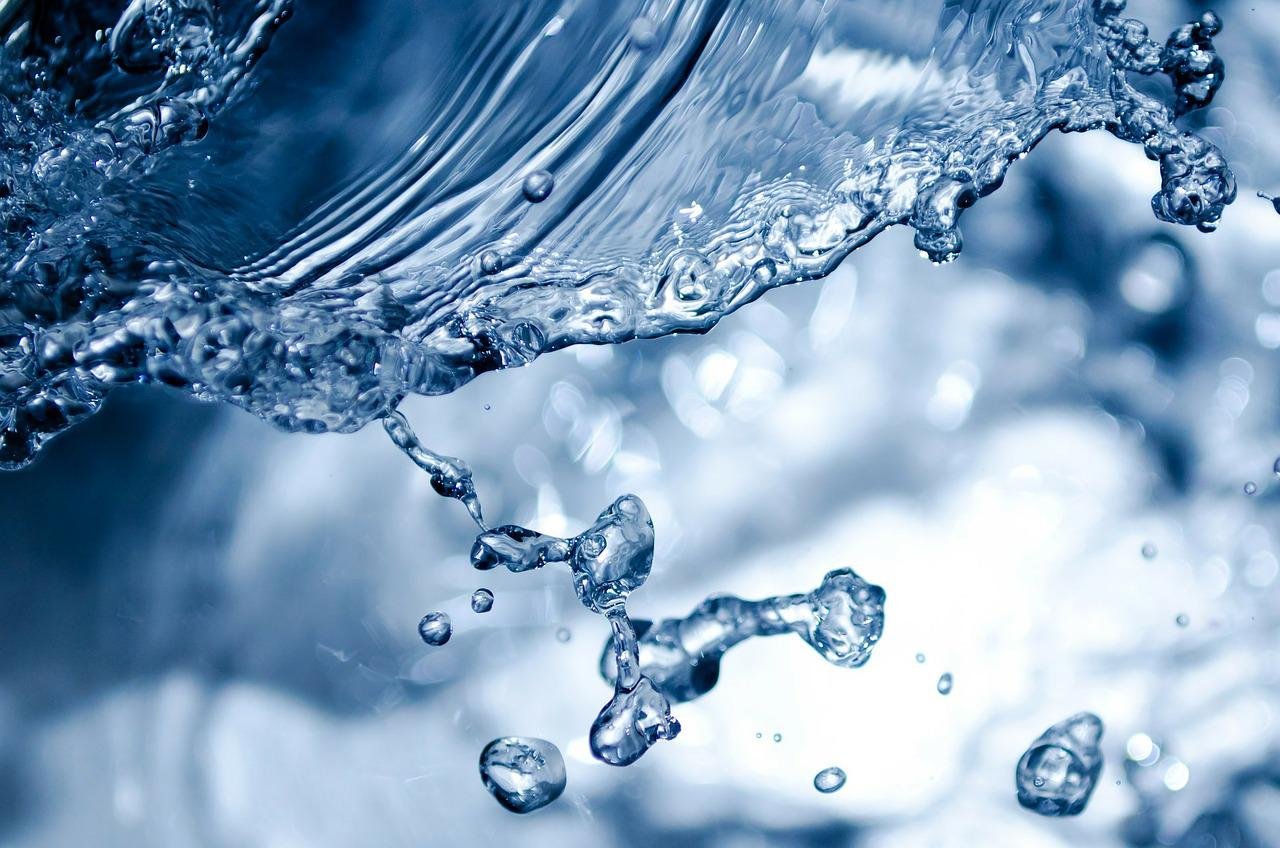Waterproof vs Water Resistant Flooring: What’s The Difference?
One of the leading causes of damage in homes is from water. Due to its abundance and uses in the home, it is bound to spill or leak which then causes problems when it gets onto the flooring if not addressed immediately.
It has led to a demand for flooring products that have greater resistance to water damage in the home to save on costs.
As a result, the terms ‘water resistant’ and ‘waterproof’ are thrown around a lot. The most important thing to understand when buying floors that have these tags is that water resistant and waterproof are not the same thing. They have two different meanings and are applied to different products.
You will usually see the term ‘Water Resistant flooring’ on certain laminate or wood flooring products. This means they have a special kind of finish or manufacture which means that they will initially resist minor damage, splashes, or spillage for short periods of time, allowing enough time for the spillage to be cleaned. They are not completely resistant to moisture damage, and in the event of a flood, a water resistant floor would be ruined.
Waterproof flooring on the other hand means that the flooring is impervious to water damage indefinitely. 100% waterproof. Any spill can be left on the floor for any amount of time and it will be fine. However, what is important to note with waterproof flooring solutions is that because the boards themselves are immune to water damage, water, if spilt in great amounts over the floor, can potentially seep through small gaps and create puddles under the floorboards, leading to mold. Also, if a subfloor is not concrete, then it will not be waterproof, and would be liable to the same damage that normal floors are.
Advantages and Disadvantages
You might be wondering, why bother buying water resistant flooring if it can still be damaged by water?
Well, the first big reason for a lot of people is that water resistant flooring is often cheaper than fully waterproof flooring solutions. This is due to the material used to create the floors. A Lot of water resistant floors are usually laminate floors, or wood with certain finishes, whereas completely waterproof floors are usually LVT floors (vinyl flooring), and its variants, such as rigid core SPC flooring. Other options also include tiles.
Another advantage in investing in a fully waterproof floor like vinyl flooring is that it can be more hardwearing that some laminate options. SPC rigid core vinyl flooring, for example, is made from stone, and thus is very hard wearing and durable, able to stand up to a lot of foot traffic and in some cases being more resistant to scratching.
Room Suitability
Water resistant floors can be useful in busy households where messes are more likely to occur, for example, a household with young children, or pets with loose bladders. As water resistant floors are usually laminate, this allows them some versatility within the home. Water resistant laminate floors can be put in living rooms, hallways, bedrooms, conservatories, offices, or a children’s playroom.
All rooms that can be liable to have spillage for whatever reason, but it can be cleaned up quickly. You can take the risk and put this type of flooring in a kitchen provided any spills are cleaned quickly, some people do, though in the event of a flood the floor will be ruined. So it is generally not advised.
We also do not advise putting water resistant flooring in a bathroom for the same reasons.
Fully waterproof flooring is more suitable for kitchens and bathrooms, as a flood will not affect the floor at all. Hard surface lvt vinyl flooring is good for this. Many LVT or SPC flooring options will come with built in underlay as well as a click system, which saves the cost of having to buy additional underlay on top of the floor. With a click system, the floorboards click together and can be floated over the subfloor, removing the need to buy glue. This also makes for a less complicated installation process, allowing it to be done as a DIY job, or it will be a quick job for a fitter.
Hard surface vinyl floors are very versatile, and can be fitted in any room in the home. Here, rigid core SPC flooring is a little better than normal LVT flooring. The difference is that LVT is made up from resin and polymers, whereas SPC is made from stone. This is significant because UV rays can warp a LVT floor overtime, making them a risky choice for conservatories, but SPC floors, being made from stone, will not move under any environmental condition. Not matter how sunny or wet or dry, the floor will remain where it is.
Our Waterproof Flooring Options
We have two ranges of fully waterproof hard surface SPC Rigid Core floors:


